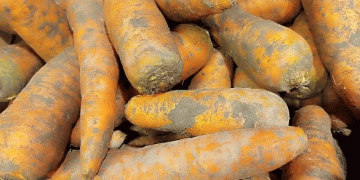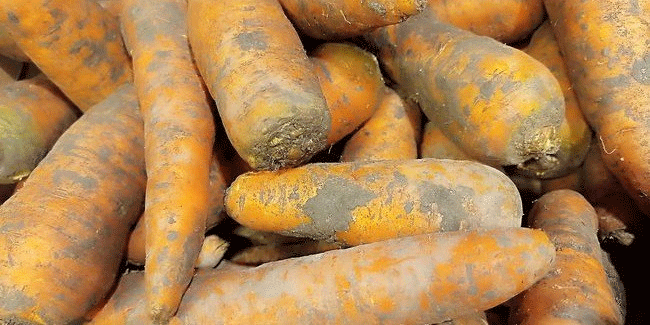Agricultural workers in Omsk Oblast have begun harvesting potatoes, beets, and carrots, with early results showing strong yields. According to regional Agriculture Minister Nikolai Drofa, as of August 5, over 800 tons of beets and carrots and more than 2,000 tons of potatoes have been collected. Additionally, winter wheat harvests are 3.5 tons higher compared to the same period last year.
This year’s harvest started earlier than usual—in late July—due to an early spring and warm summer, accelerating crop maturation. Such conditions align with broader trends observed in Russian agriculture, where climate variability is increasingly affecting planting and harvesting schedules (Source: Russian Agricultural Analytics, 2023).
Comparative Performance and Industry Implications
The higher wheat yields in Omsk mirror a national trend, where improved cultivars and precision farming techniques have boosted productivity. According to Rosstat, Russia’s total grain harvest in 2023 reached 147 million tons, a 12% increase from 2022, reinforcing the country’s position as a leading wheat exporter.
For root vegetables like potatoes and beets, regional success depends on soil management and irrigation efficiency. Omsk’s early yields suggest effective agronomic practices, though long-term sustainability will require adaptive strategies as weather patterns shift.
The Omsk region’s harvest is off to a strong start, with potatoes, beets, and carrots showing promising volumes, while winter wheat exceeds previous benchmarks. Early harvesting, driven by climatic factors, highlights both opportunities and challenges for farmers adapting to changing growing seasons. Continued investment in resilient crop varieties and precision agriculture will be key to maintaining this momentum.































